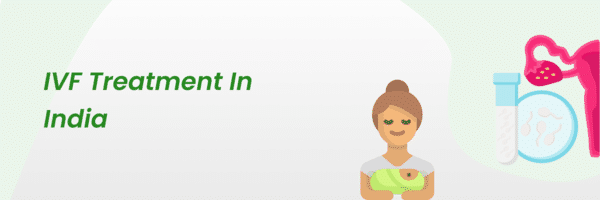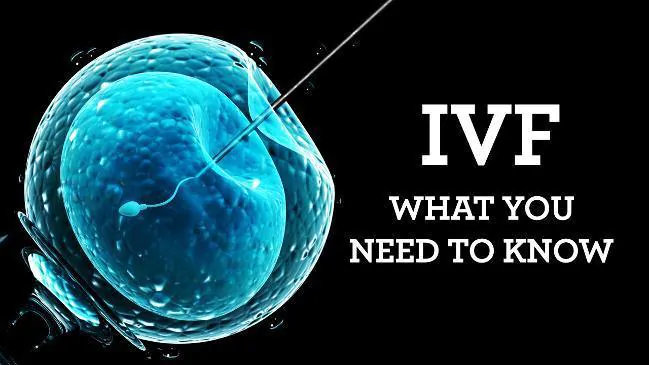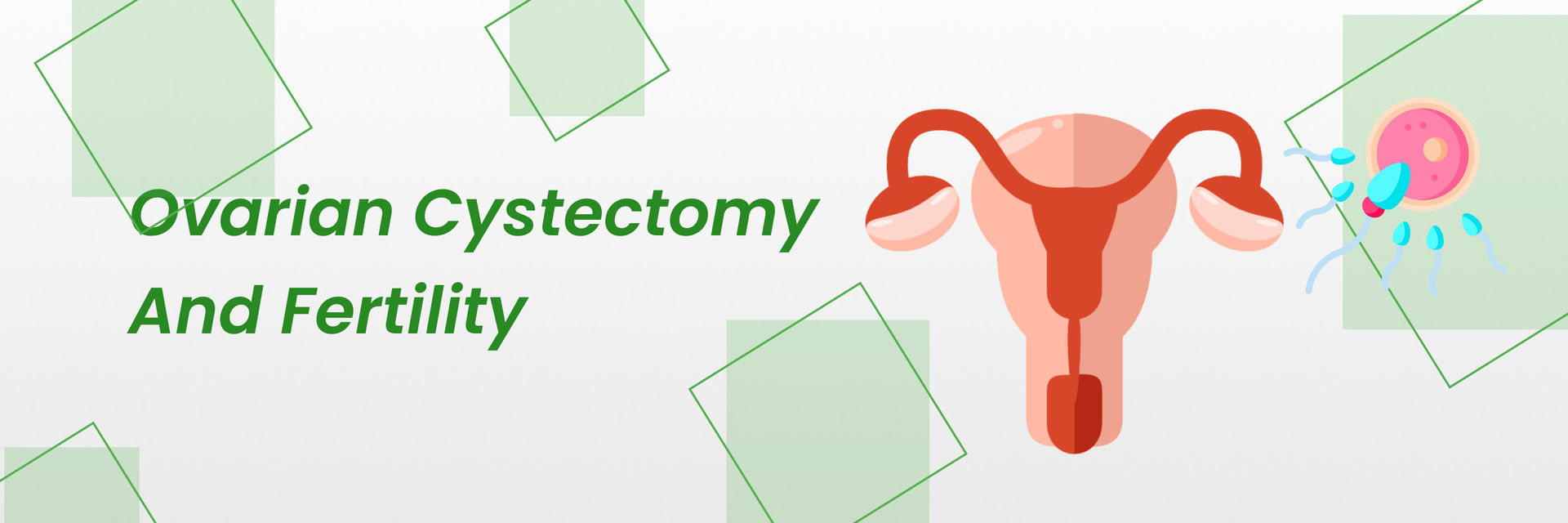Overview
AMH, often known as "anti-mullerian hormone," is a protein hormone produced by cells in the ovaries. AMH is crucial for the growth of the baby's sexual organs in the womb.
Males have high levels of AMH which inhibit the growth of female reproductive organs. Female babies have very low AMH in their body.
How does low AMH affect IVF?
A low AMH level can indicate a lower ovarian reserve and may affect the success of IVF.
When a woman undergoes IVF, she takes medications that stimulate her ovaries to produce multiple eggs.
After that, eggs are retrieved and fertilized in a laboratory. If a woman has a lower ovarian reserve due to low AMH, she may produce fewer eggs in response to these medications. This can reduce the chances of a successful IVF cycle.
Women with low AMH may have a lower chance of producing high-quality eggs, which can also impact the success of IVF. But, it's important to note that low AMH is one factor that can affect IVF success and may vary with individual cases.
If a woman has low AMH levels, her IVF doctor may adjust the IVF treatment protocol to optimize her chances of success. This may include adjusting the dose or type of medicine used to stimulate the ovaries. Some women with low AMH may consider using donor eggs to increase their chances of success.
Can IVF work with low AMH?
Yes, in many cases, IVF can still work for women with low AMH. But, the success rates may be lower compared to women with normal AMH levels or higher ovarian reserves.
The reason for lower success rates is that women with low AMH produce fewer eggs in response to the medications used during an IVF cycle. This means that there are fewer eggs available for fertilization and transfer, which can lower the chances of pregnancy.
But it's important to note that each person's situation is different. There are many other factors that can influence IVF success rates, such as age, overall health, and the quality of the eggs retrieved.
If you have low AMH levels and are considering IVF, it's important to discuss your condition with your IVF specialist. They can help you understand your chances of success and develop a treatment plan that is tailored to your needs.
Based on your condition, they may recommend more tests or procedures to help optimize your chances of success, such as pre-implantation genetic testing or frozen embryo transfer.
Numerous studies assessed the effectiveness of IVF with low AMH levels.
In a research study with 101 women and 188 embryos that have incredibly low AMH levels,
In a different study, the quantity of retrieved high-quality and transplanted embryos was favorably connected with the amount of AMH as well as the likelihood of pregnancy.
Consequently, it might be claimed that rather than embryo quality, the link between AMH and pregnancy depends on the quantity of harvested oocytes and embryos that are accessible for transfer.
Lower amounts of AMH do not harm the developmental ability of the embryo despite the fact that their presence may jeopardize pregnancy outcomes.
What is the lowest level of AMH for successful IVF?
There is no specific level of AMH that guarantees a successful IVF. As many other factors besides AMH levels can impact the success of the procedure. But, it can make it more challenging to produce enough mature eggs for fertilization during IVF.
The success rates of IVF for women with low AMH levels may be lower compared to those with normal or high AMH levels.
AMH values are regarded as normal or good AMH levels. Low egg counts are caused by AMH levels below 1.0ng/ml which is a sign of depleting ovarian reserve.
It is generally believed that chances of growing and creating a healthy number of transfers increase with the number of eggs you create throughout IVF. Embryos are created when sperm fertilize your eggs. You may not need every egg you develop to conceive successfully through IVF though.
Keep reading to find out how many times can you attempt IVF with low AMH.
How often can you do IVF with low AMH?
Age, general health, and exact treatment plan are some of the factors that affect the frequency with which a person can undergo IVF with low AMH.
Decreased AMH levels may be a sign of diminished ovarian reserve, which might make IVF more challenging.
IVF can still be an effective treatment for those with low AMH and numerous rounds may be advised to boost the likelihood of low AMH pregnancy success. It is crucial to discuss your unique circumstances with a fertility professional, who will be able to offer tailored advice on the ideal frequency of IVF with low AMH.
How many eggs are retrieved in IVF with low AMH?
In an IVF cycle with low AMH levels, the number of eggs that are recovered can vary significantly and is difficult to estimate. The reduced ovarian reserve is indicated by low AMH levels which might make it hard to produce a lot of eggs during an IVF cycle.
The patients having AMH levels between 1 and 3ng/ml respond normally and obtain 10-15 eggs at the time of ovarian stimulation. Those who have AMH levels below 1ng/ml show poor response, as they obtain less than 3 eggs during ovarian stimulation.
But, you should also keep in mind that the AMH test findings are not a factor that affects the likelihood of a woman getting pregnant. The latter is influenced by many other factors like the quality of the man’s sperm, condition of the fallopian tube, timing of ovulation and others.
Also, there is no guarantee that normal AMH levels now will not be altered in the future. Every woman faces a loss in fertility as they grow older, although it is difficult to foresee the rate of decline in fertility in women.
Does AMH increase after IVF?
Due to repetitive oocyte cycles the level of AMH in women tends to decrease. Women face more ovarian damage during oocyte retrieval, this is because the AMH levels decrease after every cycle.
Although, the research does not offer a clear theory of whether decline in AMH serum levels actually indicates a decline in ovarian reserve or merely an intervention-induced correction of elevated serum values.
Doubtful about the success of IVF procedures? Here is the answer!
How do low AMH levels affect a woman's chances of success with IVF, and what can be done to improve these chances?
According to Ms. Andrea Blindt -
Low AMH levels can impact IVF success rates by limiting the number of eggs retrieved during a typical IVF cycle. This means that more than one IVF cycle might be needed in order to collect viable eggs.It’s important to remember that having a low AMH level does not mean you cannot have a successful IVF cycle or pregnancy, in fact, I've seen many women with low AMH levels go on to successfully conceive.
What is the success rate of IVF with low AMH?
A blood test for AMH levels precedes the start of reproductive therapy for low AMH levels. Low AMH levels can result in pregnancy, which is why IVF is advised for women who have low AMH levels. Usually, women with low AMH levels may have lower success rates compared to those with normal or high AMH levels.
According to a study published in the Journal of Human Reproductive Sciences, found that the clinical pregnancy rate for women with low AMH levels was around 23%, compared to 44% for women with normal AMH levels. According to another research, among women under the age of 35, the success rate of IVF with low AMH levels ranged from 28 to 41%.
But, it's important to note that each person's situation is unique, and the success of IVF depends on many individual factors.
If you have low AMH levels and are considering IVF, it's important to discuss with your doctor a personalized treatment plan.
References:
https://my.clevelandclinic.org/health/diagnostics






